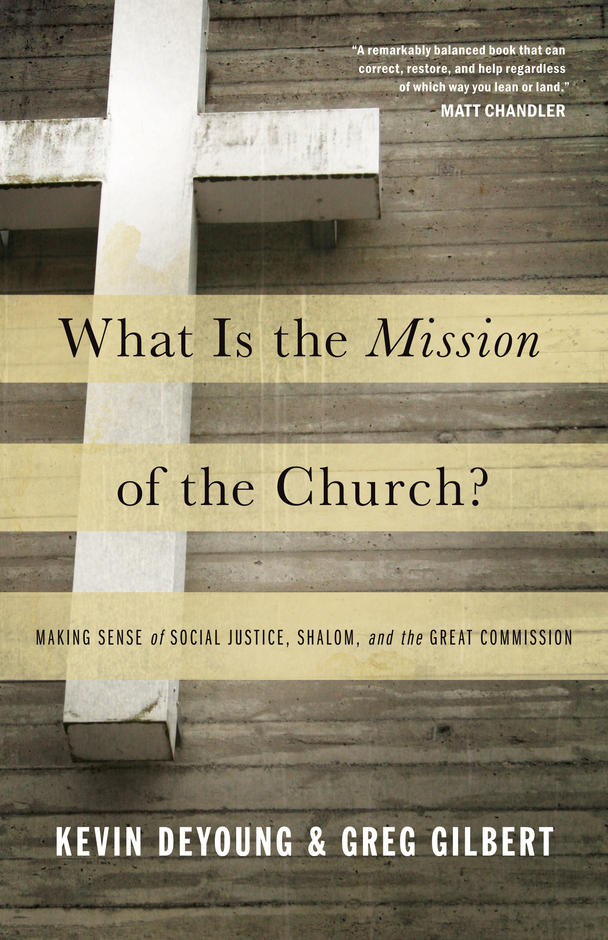Covid did a lot of things. One thing for sure is that it turned us into spiritual nomads. Without the gathered church, we went online to forage for spiritual nourishment. And there we became connoisseurs of spirituality. We discovered we can listen to an Elevation Church sermon, do worship at ICC Nairobi, join Mavuno for prayers and finally be part of an international small group with Bible Study Fellowship. Hello hybrid church. Hello universal church. Hello church without boundaries.
This was good. This could have been great. But it awakened in some of us a hunger for the perfect church, the church that could combine and curate all these varied online experiences in one place. Out with our shopping list we went in search for a church with adequate social distancing, an amazing kids’ programme, clean toilets, hand sanitisers, biblical (and short) sermons, professional grade music and band, humorous and witty pastor, friendly ushers and parking volunteers, cosy home groups, spacious parking, coffee and mandazi after church, friendly seatmate… No pressure pastors, elders and deacons!
And so we became what Jonathan Leeman in his book “The Church and the Surprising Offense of God’s Love” calls portfolio managers of spiritual growth; grazers, munching here, munching there, giving our best to none, committing to none, all the time thinking about me, me me.
“We try to conduct our discipleship with Christ by casually nibbling and grazing wherever we please, moving back and forth between one field and another, never truly submitting to the church of God,” Leeman writes.
“We view ourselves as independent agents charged with determining how to serve and grow in faith. We may defer to others and accept guidance but we view ourselves as our own coaches, portfolio managers, guides, judges, captains of our own ships in a manner that is more cultural than biblical.”
This book by Leeman challenged me to look at my own selfishness, consumeristic tendencies and lack of commitment to church and to repent. Because I too have approached church with a shopping list, wondering what is in it for me instead of seeing church a s a body where we plug in wholly and love and serve one another.
The author notes that churches today are ailing because members are individualistic, consumeristic, reluctant to make commitments, skeptical towards authority and skeptical toward absolute truth. The individualistic person thinks: “I am obligated to myself and maximising my life, liberty and pursuit of happiness. Things have to work to my personal advantage. I retain veto power over everything. I dissolve what doesn’t work for me.”
As a result, church becomes about self realisation and self expression. We are looking for what we can connect to – the music, the pastor, the people, the small groups. All the time we are carefully curating our church experience to satisfy our idolatry. Does this church make me happy? Does it align to my sense of self? Does it affirm me and my values? “It’s idolatry and I am the god worshipping myself,” Leeman writes. “God’s love in the gospel is all about me.”
And we look pastors who can scratch our itch. We create boutique churches that offer customised experiences that capture the market. We make franchises. Or we become physical and online nomads.
On the other side, church consumers are primarily concerned with receiving instead of giving, having their needs pampered instead of thinking how they can meet the needs of others. For example they will want their kind of music sung or particular sermons preached without asking what ministers to other Christians in the house. To them, church and its resources are for their own pleasure. The opposite is people who give of themselves and their resources to the church, for God’s pleasure.
Fear of commitment is manifested as we keep shopping for a better product. We even have fear of buyer’s remorse, fearing to commit in case a better church comes along and there is no exchange policy. We fear we are missing out on the coolest church experience in the city or town and have to keep our options open.
Because we are not committed, Leeman notes, we ask little of others and give little in return. And because we have no long-term obligation to the rest of the flock, we join lightly and leave lightly, without caring what impact that has on other congregants and the leadership. Unfortunately, this too applies to pastors who leave congregations flippantly, without caring what impact has for those left.
Leeman wants believers to understand that joining a local church is entering a covenant relationship with one another and with the church leadership. It is entering into covenant with imperfect, backstabbing, defrauding, malicious sinners. But because love bears all things, we practise to love, serve and disciple one another in the context of a local church, even those we would not normally choose to be in our circle.
A church covenant means we are now bound together in one body, with responsibility to one another — we walk together, we submit to one another and the leadership, we seek the good of the other, we watch over each other, disciple each other, give account for each other, discipline each other.
This can only happen where there is openness in relationship, seeking the good of the whole body and and where hearts have been transformed by the Holy Spirit to lose self-centredness for other-centredness. Instead of individualism and consumerism, we seek to use our gifts for the sake of others. We show up to church with the mindset of, ‘how can I serve and love these people today?’
There is no perfect church and no local church that can tick all our boxes. What we can do is love the local body of believers we are part of and seek their good above our good. What we can do is find a gospel-believing gospel-preaching body of believers and enter into covenant with them, committing to serve them and God, gnats and all, trusting that Christ is building his church, until the whole body comes “to such unity in our faith and knowledge of God’s Son that we will be mature in the Lord, measuring up to the full and complete standard of Christ. Then we will no longer be immature like children. We won’t be tossed and blown about by every wind of new teaching. We will not be influenced when people try to trick us with lies so clever they sound like the truth. Instead, we will speak the truth in love, growing in every way more and more like Christ, who is the head of his body, the church. He makes the whole body fit together perfectly. As each part does its own special work, it helps the other parts grow, so that the whole body is healthy and growing and full of love.” Ephesians 4:13-16



